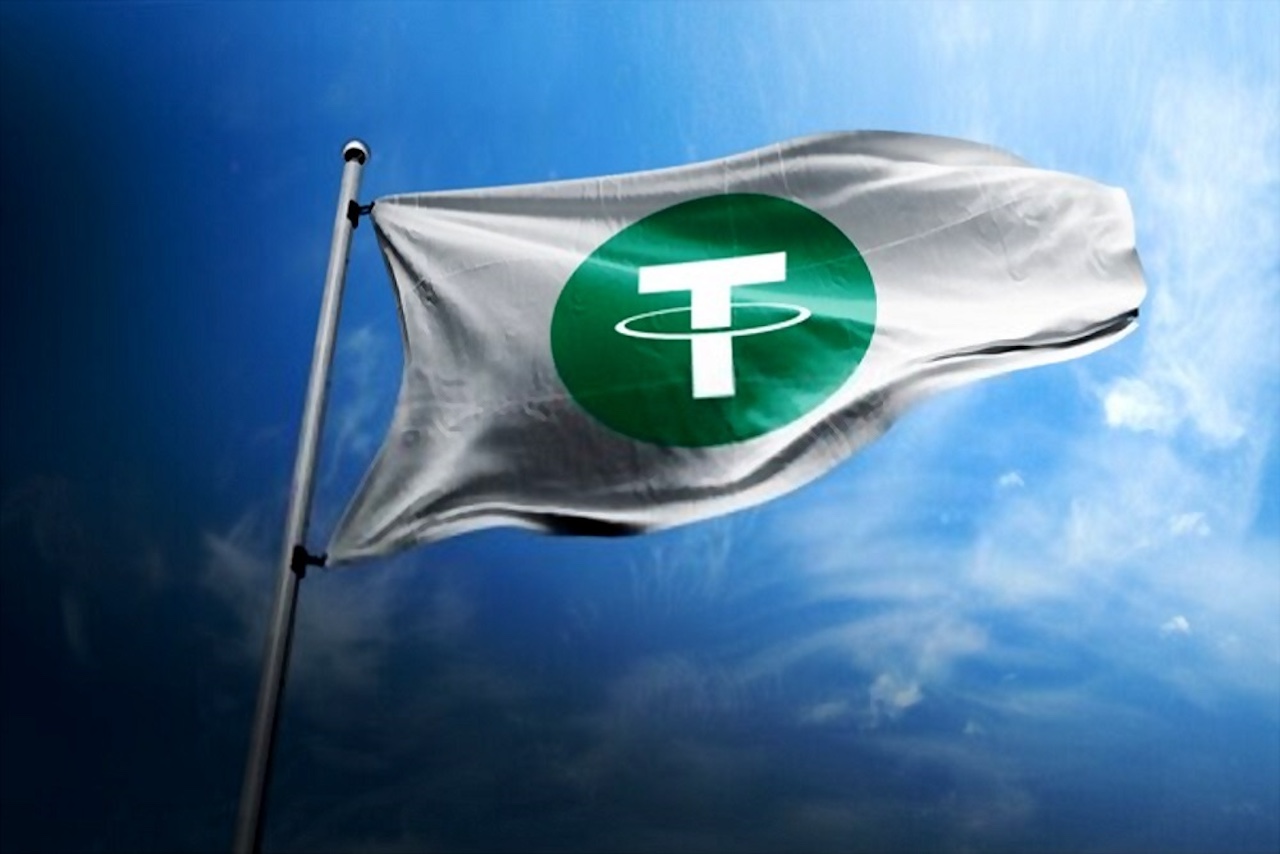Venezuela has fully embraced cryptocurrency, mainly USD Tether (USDT), for crude oil transactions. This move is in swift response to the updated U.S sanctions that threaten the country’s international holdings and ability to transact across its borders.
🚨🇻🇪
VENEZUELA will ditch the US DOLLAR and they will use CRYPTO for all of their oil sales
We’re watching the collapse of the dollar in real time, and the affects are going to be huge pic.twitter.com/SnA85Ms85I
— Alex Barnicoat (@mrbarnicoat) April 22, 2024
Venezuela Accelerates Switch to Crypto
The U.S. Treasury has informed companies to review their position on the famous Venezuela-owned oil reserve, Petróleos de Venezuela S.A (PDVSA). Moreover, the United States has failed to renew the general license that allows comprehensive international transactions with Venezuela.
Since last year, PDVSA has gradually moved its oil transactions to cryptocurrency. In a bid to mitigate the risks associated with the reinforcement of all sanctions on Venezuela, the country has made a necessary and swift switch to the U.S. dollar-backed stablecoin USDT for all oil sales.
“We have different currencies, according to what is stated in contracts,” Pedro Tellechea, Venezuela’s oil minister, said. He also explained that in some countries and contracts, digital currencies may be the preferred means for transacting.
Cryptocurrency Switch Challenges
At the end of the first quarter of the year, Venezuela switched oil contracts to a mode that requires current and new customers to pay 50% of each cargo’s value in USDT—exempting only swap contracts.
Following the switch to cryptocurrency, customers will make full payment for all exported cargoes in USDT. Any company or country wishing to transact with PSDVA will need to hold its funds in a digital crypto wallet and pay from it.
However, the U.S dollar still dominates the international financial market, and many traders are not well-crypto-enlightened. Also, many traders are skeptical about the use of cryptocurrency due to possible regulatory issues.
Talking about how unpopular it is to make cryptocurrency payments, One trader said, “USDT transactions, as PDVSA is demanding them to be, don’t pass any trader’s compliance department, so the only way to make it work is working with an intermediary,”
Despite this challenge, Tellechea remains optimistic about the country’s switch to crypto. He believes that it will help Venezuela survive the sanction period.
Find Cryptocurrencies to Watch and Read Crypto News on the Go Follow CryptosToWatch on X (Twitter) Now

